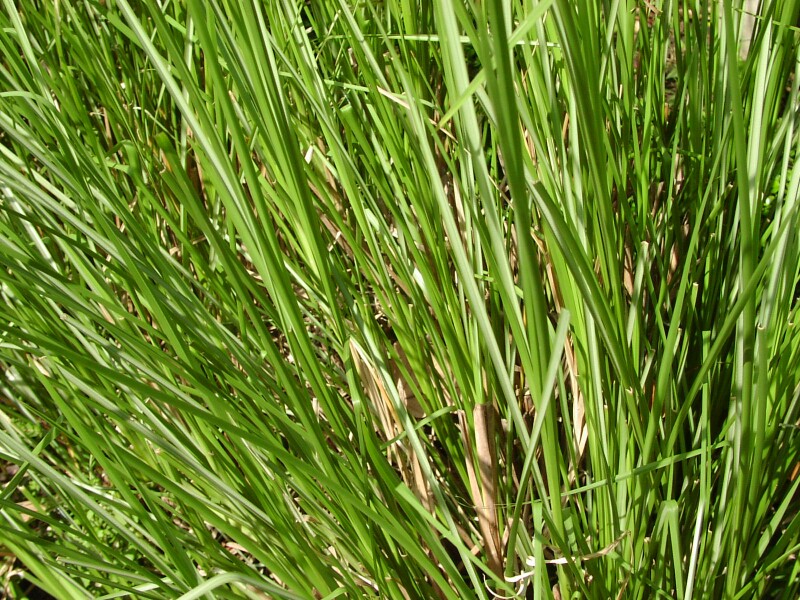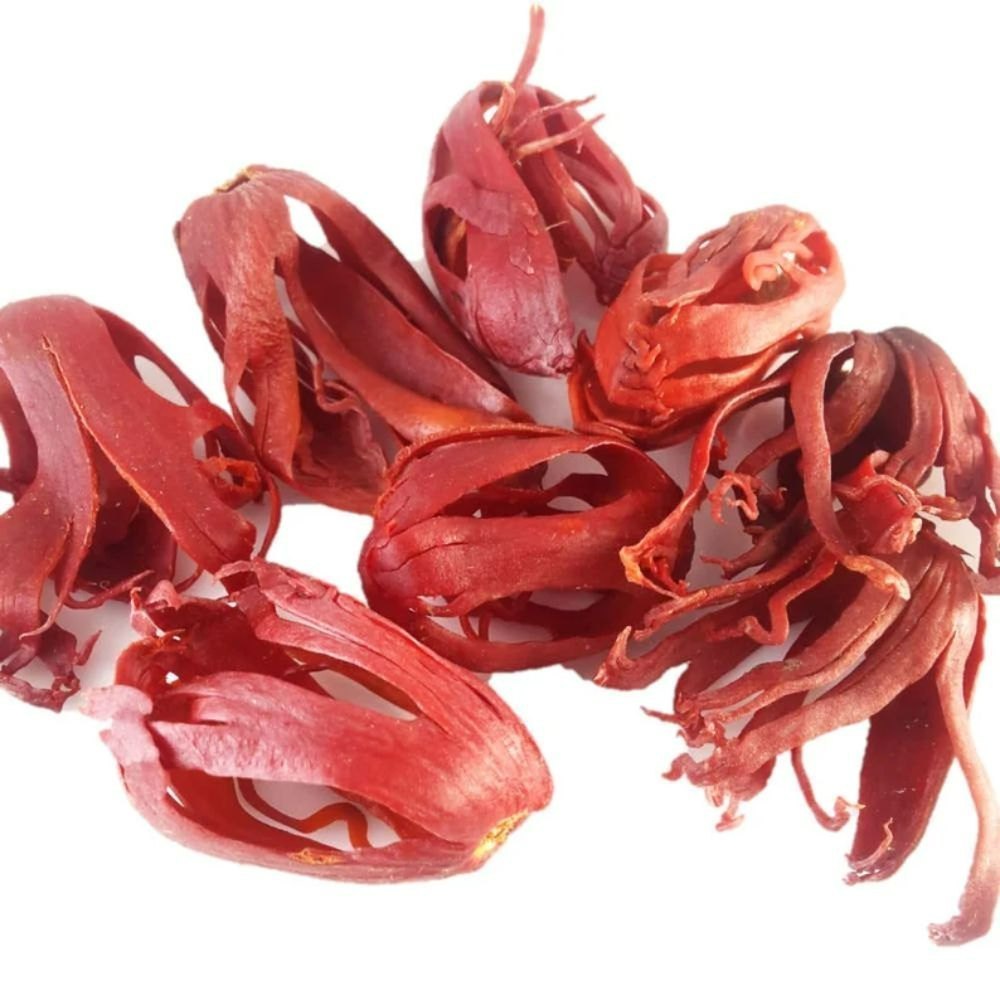Styrax (Storax) Reconstitution Manufacturer & Supplier
As a trusted leader in the fragrance industry, BMV Fragrances specializes in manufacturing and supplying superior Styrax (Storax) important to the perfumery sector. Our world-class reconstitution and extraction facilities ensure each product is pure and consistent. Offering competitive pricing, we make premium-quality products accessible without sacrificing standards. With a well-established distribution network, we guarantee fast and dependable delivery across the globe. Dedicated to innovation and continuous research, we aim to fulfill customer needs, fostering long-term relationships built on trust, supported by decades of industry experience.

BMV Fragrances stands as a symbol of Reliability, Quality, and Excellence in the perfumery & fragrance manufacturing industry.
What is the botanical origin of Styrax (Storax)?
Styrax, occasionally called Storax, is a natural balsam formed as a pathological product in the sapwood and bark tissues of Liquidambar orientalis, a medium-sized tree native to Asia Minor and the surrounding islands.
How is Styrax (Storax) collected from the tree?
The tree is wild-growing and does not need to be felled. The bark is removed in spots, and the sapwood is deliberately injured. Styrax is formed and collected in cans below the wounds or scraped off the surface. Peeled bark can also be boiled in water to obtain additional styrax.
Which extraction methods are used for Styrax (Storax)?
Extraction is carried out with ethyl alcohol (rarely methyl alcohol). If water content is high, several extractions are necessary. The alcoholic extracts are dried with anhydrous sodium sulfate before evaporation in mild vacuum.
What is Absolute of Styrax (Storax)?
Absolute of Styrax is the resin-absolute obtained after alcohol extraction. It is alcohol-soluble, pale in color, and truly representative of the natural raw material in odor.
Which aromatic compounds does Styrax (Storax) blend with?
Styrax blends excellently with coumarin and its derivatives, cyclamal, linalool, terpineol, anisaldehyde, ylang-ylang, jasmine bases, ionones, and methylionones.
What chemical constituents give Styrax (Storax) its fragrance?
The spicy note is derived from cinnamic alcohol and its esters, along with traces of cinnamal formed by oxidation of cinnamic alcohol.
Why Choose BMV Fragrances?

Premium Quality:
100% pure and natural essential oils, resinoids, absolutes, and fragrance oils, ensuring unmatched quality.

Innovation-Driven:
Continuous investment in R&D to stay ahead of trends and deliver innovative solutions.

Global Leadership:
Trusted by top brands worldwide for excellence in fragrance production.

Extensive Range:
A wide variety of essential oils, perfume oils and fragrance oils to meet diverse industry needs.

Strict Quality Control:
Every batch undergoes rigorous checks for consistent, high-quality products.

Competitive Pricing:
Top-tier products at competitive prices for great value.

Source directly from manufacturer.
Call Now!FAQs on Styrax
Styrax is naturally derived from Liquidambar orientalis. Synthetic versions exist that mimic its cinnamic alcohol aroma but lack the natural depth and complexity of true Styrax.
Styrax is primarily used in perfumery and fine fragrances for its balsamic and spicy notes. It is also used in cosmetics, skincare, aromatherapy, incense, and sometimes in industrial applications such as detergents and air fresheners.
Styrax enhances fragrance depth, acts as a natural fixative, and provides antimicrobial and soothing properties in skincare. In aromatherapy, it is valued for its grounding and calming qualities.
Styrax should be stored in airtight containers, away from light and heat, to avoid oxidation. When properly stored, it remains usable for several years.
Styrax is generally safe when used within IFRA guidelines. However, cinnamic derivatives may cause skin sensitivity in some individuals. Regulatory frameworks like IFRA, FDA, and REACH provide safety limits for its use.
Turkey remains a leading producer and exporter of Styrax. The global demand is steady, especially in perfumery and natural resin markets. Pricing is influenced by purity and resin yield.
Consumers increasingly prefer natural and ethically sourced balsams. Sustainable harvesting methods and biotechnological alternatives are expected to shape the future demand for Styrax.
Copyright @ 2025 | BMV Fragrances Private Limited | All Rights Reserved
Website Design & Digital Marketing by webmasterindia.
Website Updated On:




